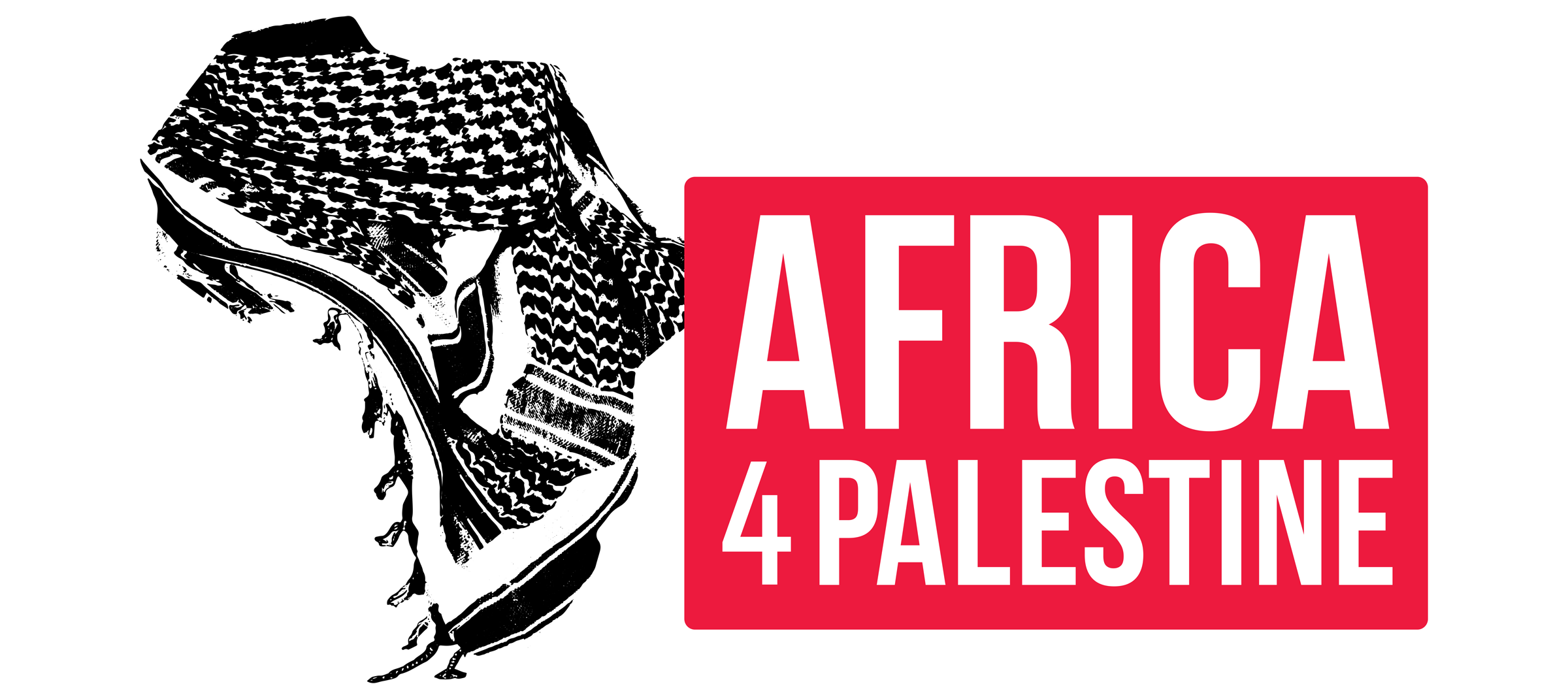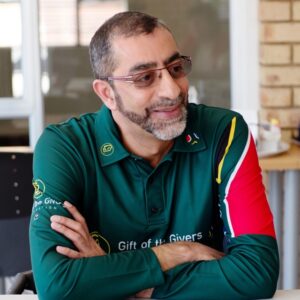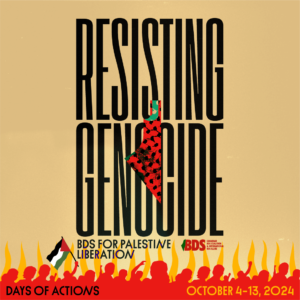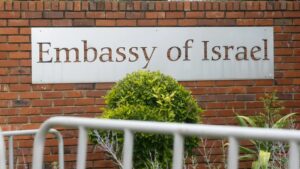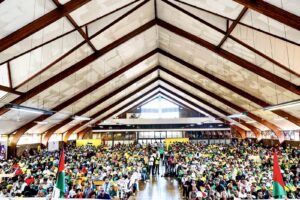Wow!
If there’s one thing you read today, checkout this article on the BDS boycott of Israel by Jewish Israeli, Yuli Novak, who previously served in the Israeli Air Force.
———-
The BDS “Monster”
Yuli Novak, 27 September 2018
[This article was initially published in the Haaretz Newspaper, click here for the original]
The BDS “Monster”
Yuli Novak, 27 September 2018
[This article was initially published in the Haaretz Newspaper, click here for the original]
The problem with monsters is that as long as you don’t peek under the bed they’re very scary. The BDS monster is one of the glorious creations of the government of Israel. By means of a propaganda machine with abundant resources and frightening messages, a legitimate and nonviolent Palestinian protest movement has been turned into an anti-Semitic plot. How were we so quick to bite the bait that serves only those who want to preserve the regime of occupation and apartheid in Israel?
Like the governments of certain other countries, the Israeli government is carrying out a regime change that is dismantling and destroying democratic spaces – both physical and ideological – in which the opposition can act in order to come to power.
The prevention of civil protest is one of the methods of operation. In recent years the government has portrayed every demonstration of opposition to its policy as treason. Just as every expression of support for the boycott, divestment and sanctions movement is portrayed as anti-Semitism.
The model for the BDS struggle is based on the boycott movement against the apartheid regime in South Africa. There too, the activity was led by South African citizens, but it took place in various places worldwide and in various spheres. Like in Israel today, in apartheid South Africa too, an absolute majority of the Afrikaners (the whites) believed their government’s lies and saw these boycotts, and the groups that led them, as an existential threat to the country and an expression of racism against Afrikaners.
The boycott movement against South Africa had a decisive influence on the dismantling of apartheid and the adoption of an egalitarian and democratic constitution. The global political situation has changed significantly since then, and in any case, Israel isn’t South Africa. But there as here, the boycott movement represents a form of non-violent struggle by a people that is being oppressed, against the regime that is oppressing it.
A political group that is under attack, like the Israeli opposition, is forced into survival mode, which makes it difficult to observe and become familiar with political developments and to formulate up-to-date, relevant and courageous positions. The attitude of the Israeli left toward BDS is an excellent example of this. When Israelis who oppose the government and the occupation are asked what they think of BDS, the amazing success of the government propaganda becomes evident in the answers: “It’s an anti-Semitic movement,” “They want to destroy Israel.”
The way to oppose this brainwashing begins with knowing the truth, even if it’s complicated. And the truth about BDS is simply stated on the movement’s website: It’s a protest movement that was established in 2005 by Palestinian organizations, in order to conduct a nonviolent struggle for equality and freedom for the Palestinian people. The movement has three demands – all of which the Palestinians have presented during negotiations with Israel over the years: an end to the occupation in the territories, complete equality for Israel’s Arab citizens and implementation of UN General Assembly Resolution 194 concerning the right of return of the Palestinian refugees. That’s it.
Not the destruction of Israel, not anti-Semitism, but a political stance based on a Palestinian narrative. It’s hard to hear a narrative that presents Israel as a colonialist and racist country and demands recognition of the injustices perpetrated against the Palestinian people during the past 70 years. That can’t be expected to be easy, and nobody has to adopt this narrative. But we do have an obligation to overcome the fear and to understand that these are legitimate demands of a people that has been under military oppression for decades, and is fighting against a violent and racist regime.
The Israeli government doesn’t want opposition or criticism regarding the policy of occupation – neither internal nor external, neither violent nor non-violent. And the easiest way to prevent support for this opposition is to single out every criticism as a tentacle of the anti-Semitic monster. And it’s true that, as in every broad-based political movement, in BDS as well there are racist margins and anti-Semitic statements.
A racist mentality is dangerous, and not only for Jews, but I’m not familiar with any political movement that is immune from extremist marginal phenomena. The question that should be asked is what the official policy of the movement is, and to what extent it succeeds in maintaining the centrality of that policy, and opposing those phenomena within it. The official BDS positions, like most of the public positions voiced by members of the movement, declare that opposition to racism, including anti-Semitism, is basic and a matter of principle in the struggle.
No Israeli has to agree with or support BDS or its strategy, which was chosen by its Palestinian leadership. But we do have to know what it is. And out of this knowledge to understand that as people with democratic awareness, we must under no circumstances surrender to government policy and to agree to place this movement, and the values it represents, outside the legitimate discourse.
It’s also worthwhile to stop for a moment and to ask ourselves what we would prefer the Palestinians to do: Join an armed struggle? Or perhaps, simply accept the situation and allow us to continue to occupy, steal, oppress and kill without interference?
